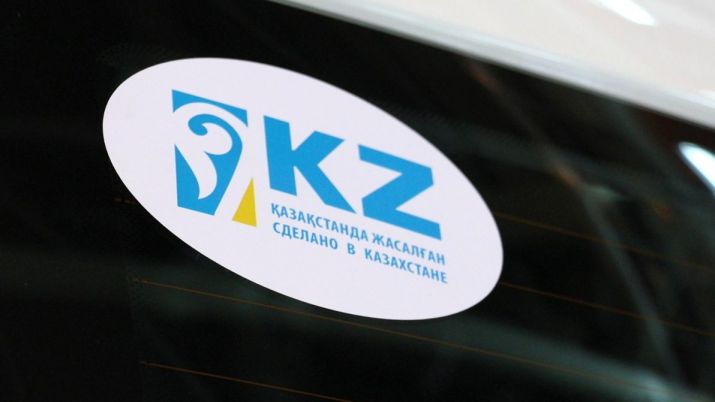NUR-SULTAN – The capital hosted the country’s first domestic light industry congress Dec. 11. The event demonstrated the potential of state, business and non-government organisation (NGO) partnerships.
The congress attracted representatives from more than 120 enterprises. The programme, involving heads of authorised state bodies, Mazhilis (lower house of Parliament) deputies and major manufacturers, included discussions on specific mechanisms for industrial development.
The organisers also presented an exhibit of domestic light industry products and the Energy of Creation fashion show, where the Gulnara Kassym, I’m Different, Іnkar Sezim Samidel, Saukele, Utari and ZekenModa brands and Kazakh University of Technology and Business graduates demonstrated their artwork.
In their welcoming speeches, Deputy Prime Minister Roman Sklyar and capital Akim (Mayor) Altai Kulginov greeted those who are making serious efforts to enhance the industry. Atameken National Chamber of Entrepreneurs Board Chair Ablai Myrzakhmetov, Vice Minister of Industry and Infrastructure Development Amaniyaz Yerzhanov, National Economy Vice Minister Aigul Shaimova and QazTrade Trade Policy Centre Chair Arman Abenov also spoke.
At present, 1,016 light industry companies operate in Kazakhstan – 12 large, 26 medium-sized and 978 small enterprises. Small and medium businesses comprise 98.7 percent of the total and more than 12,900 are employed by all the companies.
The industry’s stable growth is due to the manufacturers’ active position who in the past five years have joined through various associations for beneficial intra-industry cooperation. To ensure coordinated teamwork, more than 60 enterprises from 14 regions united in 2015 to form the Light Industry Manufacturers Union. The associated businesses have 5,500 employees, 42 percent of those involved in the industry.
State-business partnerships also help maintain the industry. Such collaboration resulted in rejuvenating the Nimex Textile and Oxy Textile projects, which returned 3.2 billion tenge (US$8 million) to the state budget and created a domestic raw materials supply to the industrial units.
Launching 49 light industry enterprises, a 74.6-billion tenge (US$194 million) investment providing 6,068 jobs, has also helped ensure industrial growth. The most significant projects include Azala Textile (cotton products), Ball Textile (the country’s largest carpet manufacturer), Alem BT (hosiery), Caspiy Lana Atyrau (textiles and woolen goods) and Khlopkoprom-Cellulose (absorbent cotton, cotton cellulose and industrial carboxymethyl cellulose).
Congress participants discussed the substantial challenges of Industry 4.0 (the Fourth Industrial Revolution) and task of escalating import substitution.
To reach the new technological level, approximately 100 companies formed Qaz Textile, the first national, self-regulatory light industry association. The group is expected to propose an effective platform of state, business and NGO interaction to increase light industry’s share of the country’s gross domestic product.
The Kazakh Trade Commission in Russia and Qaz Textile signed a memorandum of collaboration at the end of the congress.

